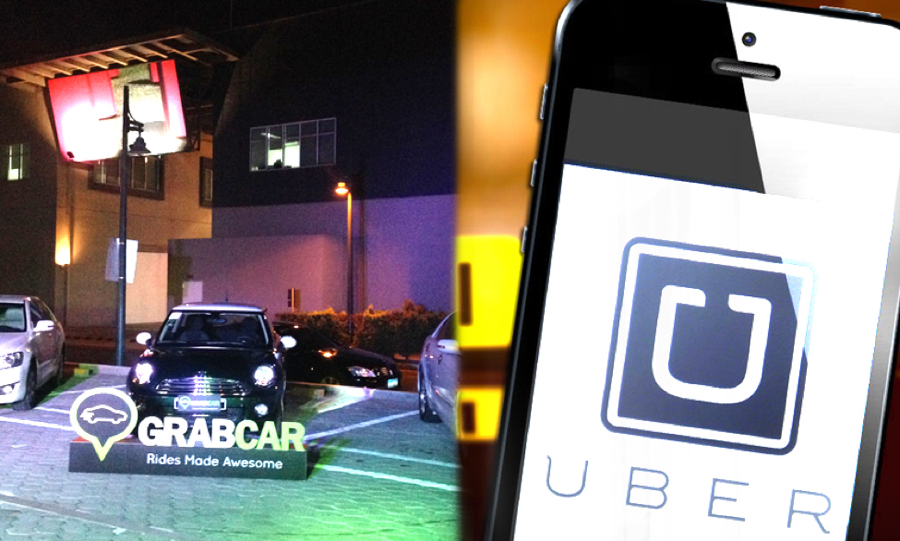
An advocate of Transportation reform in the House of Representatives urged his colleagues to include issues concerning taxi-related services such as Uber and GrabCar in a substitute bill that seeks to create Taxi Passengers’ Bill of Rights.
Valenzuela City Congressman Win Gatchalian is the author of House Bill No. 3681 or the “Bill of Rights of Taxi Passengers” and a member of a technical working group (TWG) tasked to consolidate his bill along with five other taxi-related measures pending before House Committee on Transportation.
In the second deliberation of the substitute bill on May 19, Gatchalian said app-based platforms that offer similar taxi services must be included in the proposed bill of rights to protect the interest of taxi passengers from abusive, itinerant, and discourteous drivers.
Related News: LTFRB urged to protect passengers’ rights from abusive taxi operators
“Passengers of private vehicles from these app-based online platforms should be entitled the same rights in riding a normal taxi. Pareho lang naman ang ginagawa nila sa taxi. They are being hired to transport to a specified point A to point B,” Gatchalian explained.
“This will ensure that the bill of rights will have a broader scope in protecting the interest of commuters. It will also give justice to the taxi drivers that will be covered by this proposed substitute bill,” the lawmaker added.
Early this month, the Department of Transportation and Communication (DOTC) has issued Department Order No. 2015-14 to allow app-based online services such as Uber and GrabCar to operate legally as Transportation Network Companies (TNCs) that offer Transportation Network Vehicle Service (TNVS).
Under the new classification, Uber and GrabCar are now allowed as online platforms to connect passengers to private car owners who engage in car-for-hire services, which are similar to services offered by a taxi drivers.
Much like public utility vehicles (PUVs), private car owners will be required to obtain a certificate of public convenience (CPC) for every vehicle, while drivers must be screened and accredited by the TNCs and registered with the Land Transportation Franchising and Regulatory Board (LTFRB).
Related News: Taxi Passengers’ Rights bill hearing extended to get cab drivers’ side
With this arrangement, Gatchalian urged DOTC and the LTFRB to find a way in making TNCs accountable to their drivers in case any abuse or accident happens to their passenger since they are not operating under a licensed franchise.
Under the LTFRB-issued taxi franchise, commuters enter into a contract with the operator in riding a taxi. However, in the case of Uber and GrabCar, a commuter enters into a contract with the driver in riding a private vehicle.
Gatchalian pointed out that UberPOP, which is a branch of Uber, was already banned in Germany last March since the said service enables unlicensed cab drivers to render transport services to public commuters.
Gatchalian added that private owners that offer car-rental services through TNCs do not pay taxes and adhere to the standards imposed on taxi drivers.
“Walang legal binding at accountability itong mga online platform, like Uber and Grab, sa mga private owner that operate like taxi drivers,” Gatchalian said.
About House Bill No. 3681: What is ‘Bill of Rights of Taxi Passengers’?
“Kaya pag nagkaroon ng aksidente, maaring ipahahayag nila na walang silang liability because they are just a platform that connects commuters to drivers,” he added.
The House committee on Transportation, chaired by Nueva Ecija Rep. Estrellita Suansing, is set to finalize the substitute bill after DOTC and LTFRB submitted their respective position paper on the matter, including taxi-related services in the proposed bill of rights for taxi passengers. (Tim Alcantara)


